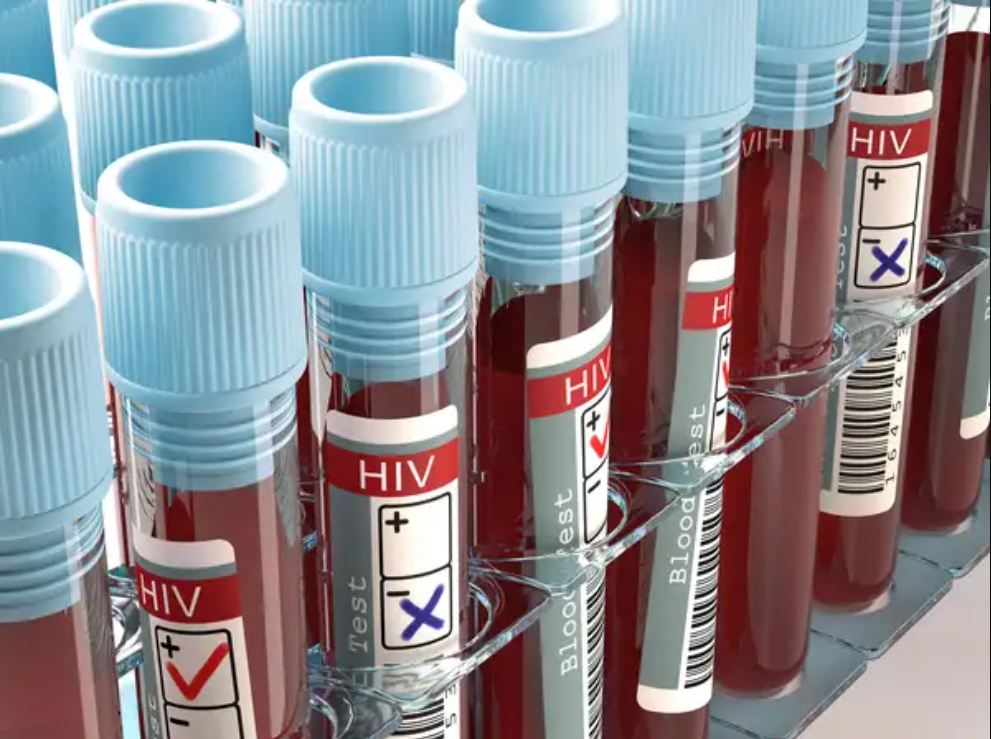
HIV cases in Alberta are at a shocking rate, according to a new Alberta Health report. The report shows a 73 percent increase in HIV cases in 2023 compared to 2022.
The annual Alberta Health report reveals the number of new HIV cases rising from 293 in 2022 to 507 in 2023.
“The number of new to us patients continue to rise and it’s really well above the historic numbers for the last 20 years. We have three components: new local infections, migrants across Canada, and migrants from other countries,” said Dr. John Gill, medical director of the Southern Alberta HIV Clinic.
“Migrants from other countries do at times find it difficult to connect, maybe to improve the connectivity after someone lands to be aware of the Northern Alberta HIV program. This is where you go; this is how care is delivered,” said Gill.
According to the report, 54.8 percent of cases in 2023 were acquired outside the country, compared to 43 percent in 2022.
“It could be immigrant. It could also be people who travelled outside the country and have returned and tested positive for HIV,” said Oluwaseun Ayodeji Osowobi, manager of community relations at SafeLink Alberta.
According to the report, the second most common category of exposure in 2023, accounting for 18.5 percent of new cases, was transmission between heterosexual partners.
“Heterosexual transmission is not necessarily consensual transmission. And yes, we certainly have a large number of heterosexuals now, usually from immigrant countries. There are different needs,” said Gill.
Not only doctors, but also front-line agencies are seeing the impact of the rising numbers of HIV cases. SafeLink Alberta says more health education is needed.
“The data reminds us of a holistic approach to education and awareness on prevention. We need to work around the stigmas associated with accessing support services,” said Osowobi.
In an email to CityNews, Alberta Health said the government continues to work with Alberta Health Services (AHS) and community-based organizations to improve health, reduce barriers to sexually transmitted and blood-borne infections testing and treatment, and increase access to screening.
The number of HIV cases this year has not been finalized; however, cases are on track to be similar to what was reported in 2023.
“The government of Alberta needs to be pumping more resources into STI testing and treatment to respond to the influx of cases,” said Osowobi.